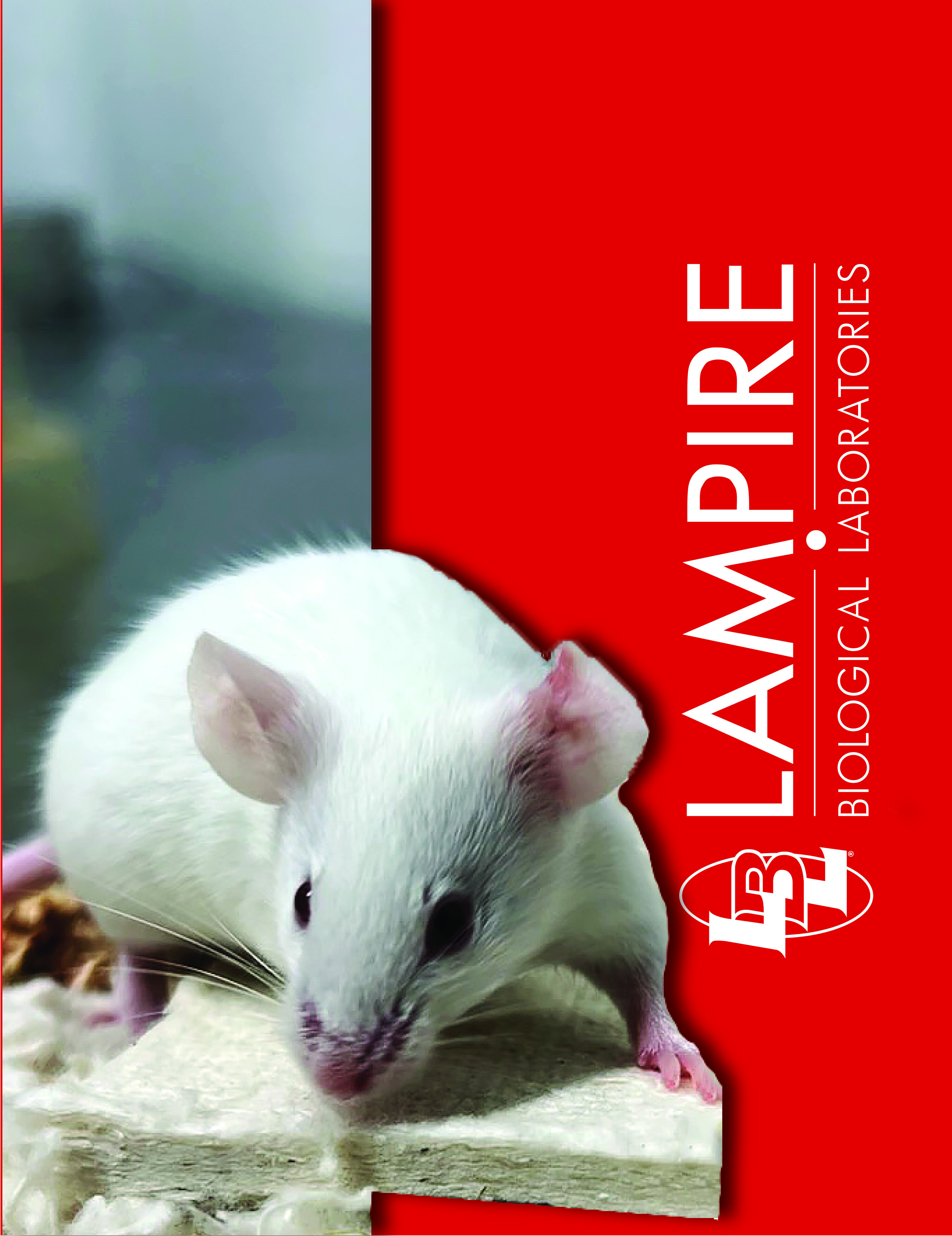
LAMPIRE presents an optimal choice for employing mice in your hybridoma project. Here's why:
-
Immunological Responsiveness: Mice, within the LAMPIRE framework, stand out as a formidable species for generating antibodies. They exhibit a remarkable ability to mount immune responses against a vast array of antigens. This expansive reactivity equips researchers with the means to produce antibodies targeting a diverse spectrum of targets, including highly conserved human antigens, a task that can be particularly challenging with alternative methods or animal models.
-
Genomic Prowess: Harnessing the full potential of the mouse genome, LAMPIRE empowers researchers with a comprehensive genetic blueprint. This in-depth genetic knowledge enables the d...Read more
LAMPIRE presents an optimal choice for employing mice in your hybridoma project. Here's why:
-
Immunological Responsiveness: Mice, within the LAMPIRE framework, stand out as a formidable species for generating antibodies. They exhibit a remarkable ability to mount immune responses against a vast array of antigens. This expansive reactivity equips researchers with the means to produce antibodies targeting a diverse spectrum of targets, including highly conserved human antigens, a task that can be particularly challenging with alternative methods or animal models.
-
Genomic Prowess: Harnessing the full potential of the mouse genome, LAMPIRE empowers researchers with a comprehensive genetic blueprint. This in-depth genetic knowledge enables the design of experiments with a profound understanding of the genetic context, facilitating precise manipulation of specific genes or pathways pertinent to the antibody discovery process.
-
Versatility in Mouse Strains: LAMPIRE provides access to a diverse range of mouse strains, encompassing inbred, outbred, and transgenic lines. These diverse strains afford researchers the flexibility to select a model that aligns seamlessly with their experimental objectives. Inbred strains, known for their genetic uniformity, enhance reproducibility, while transgenic mice can be customized to express specific human genes or proteins, further tailoring the research approach.
-
Abundance of Resources: In the LAMPIRE ecosystem, researchers benefit from an extensive arsenal of tools and resources for mouse-related investigations. These encompass state-of-the-art monoclonal antibody production techniques, genetically engineered mouse models, and a well-established infrastructure for the care and breeding of mouse colonies.
-
Ethical Foresight: Within the ethical framework of LAMPIRE, the utilization of mice for research purposes is often viewed as a more ethically sound choice. This perception arises from their longstanding role in scientific research and the existence of stringent ethical guidelines and regulatory frameworks governing their ethical treatment and utilization.
-
Clinical Alignment: LAMPIRE recognizes that mice, owing to their genetic likeness to humans, serve as valuable preclinical models for the study of human diseases. Additionally, they offer a reliable platform for assessing the efficacy of therapeutic antibodies prior to their progression to clinical trials.
In summation, LAMPIRE underscores the significance of mice as a preferred selection for many hybridoma projects, owing to their robust immunological responses, genetic malleability, diverse strain options, and the extensive toolbox available for mouse-centered research. These elements coalesce to bolster the success of antibody discovery endeavors and the development of groundbreaking therapeutic antibodies.
Read less